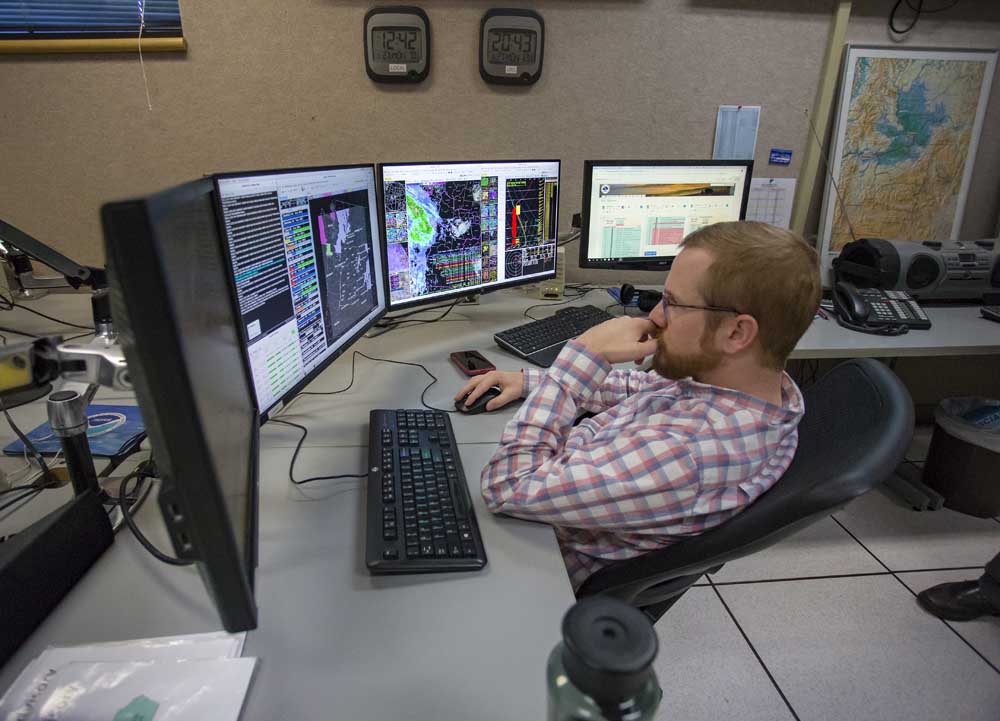etter options for country’s wild horses
Published 12:14 pm Friday, May 25, 2018
The final statement in your editorial on the wild horse problem hit the nail on the head. “Clearly, something needs to be done, because what’s already been done hasn’t worked.”
I have long advocated that these surplus animals be slaughtered and the meat be given to the poor. The Oregon Food Bank and Farmers Ending Hunger have told me the meat would be beneficial, but it was too emotional an issue for them to pursue. Apparently providing the poor a lean, high protein food source lacks appeal.
Maybe I should have proposed these animals be slaughtered and the meat offered to those who value organic foods. I know there was a study that found 65 percent of the U.S. population would not eat horse meat. That implies 35 percent might. This number is probably greater than the percentage of the population who regularly buy organic. Inasmuch as these animals have received no medications, additives, etc., they should qualify as organic. It is a well established fact that horse meat is nutritionally superior to beef. In Iceland it is the cheapest meal on restaurant menus. Also quite tasty. In the 1940s and 1950s horse meat, according to Time Magazine, was the number one meat consumed in Portland, Oregon.
At a Fish and Wildlife meeting in Pendleton in the early 1970s someone in the audience asked an official what kind of management plan did they have for the inevitable overpopulation of horses that would occur with the passage of the free roaming horse law. The official said “they were concerned.” I naively suggested they issue tags and have a drawing like they did for other big game. The F&W official immediately asked the news reporter not to print that. They didn’t. Maybe the time has come.
At the end of the day, we need to set aside our emotions if we want to provide a thriving environment for sage grouse, antelope, deer, elk, big horn sheep, native fish and a healthy horse population. Yes, I do enjoy seeing these horses, but I don’t want there to be more than 26,715 horses, a number range scientists have determined to provide an appropriate balance.
Carlisle Harrison
Hermiston





